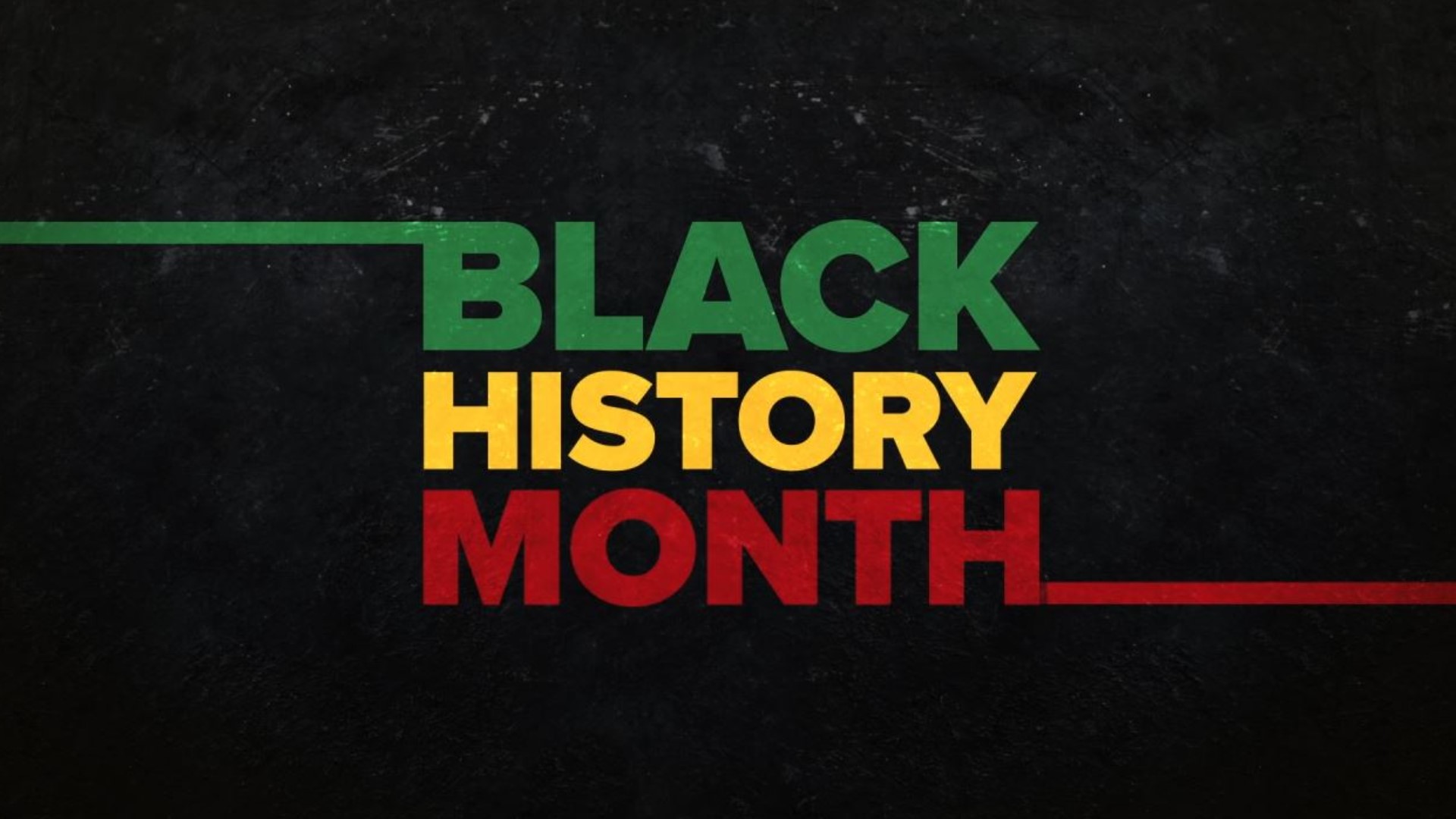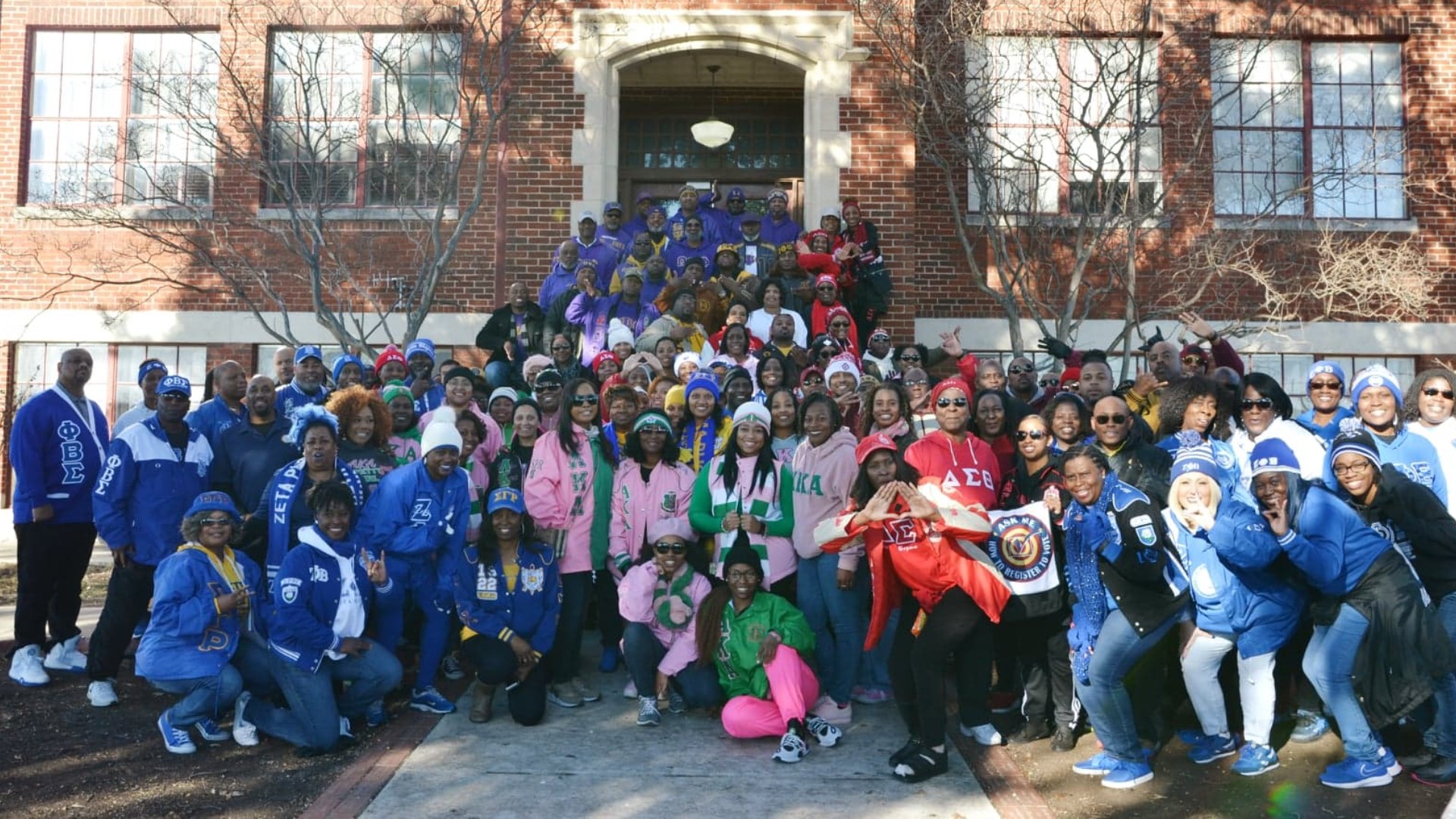In honor of Black History Month, 6 News spoke to some local graduates of Historically Black Colleges and Universities, known as HBCUs
In Lawrence Stewart’s family, attending an HBCU runs deep.
"My wife and I both went to Mississippi Valley State University. My daughter is currently a senior at Alabama A&M University and my son is currently a freshman at Southern University," he said.
HBCU’s were established in the 19th century, to provide educational opportunities to people of African descent.
"Those universities were started because African Americans were not given a chance to go to predominantly white universities," Steward said. "So, their relevance then is still relevant today in terms of historically black colleges and universities providing education.”
Paul Quinn College was once located in Waco. The school was founded in 1877 by a small group of African Methodist Episcopal preachers. The college relocated to Dallas in 1990.
"But it is something about the rich heritage you get from those universities,” Stewart said. “You learn a lot about yourself when you go to those schools. You have a different culture of people. What it feels like to me, especially when I went there, it was a family."
According to the Thurgood Marshall College Fund, 89% of all HBCUs are in the South. Former Killeen Independent School District student Saniya Keeton attends historic Tuskegee University in Tuskegee, Alabama.
"It makes me feel honored to attend a university where several people have graduated from and you see them today on TV like The Tuskegee Airman,” said Keeton.
Some notable HBCU alumni include Orpah Winfrey, Kamala Harris and Michael Strahan.
"Our children are going to historically black colleges because we believe in it,” Stewart said. “Our daughter, yes, she could have gone to any college she wanted to, my son could have gone to any college he wanted to. It was very important for them that they go to a historically black college and we would have supported wherever they went."


